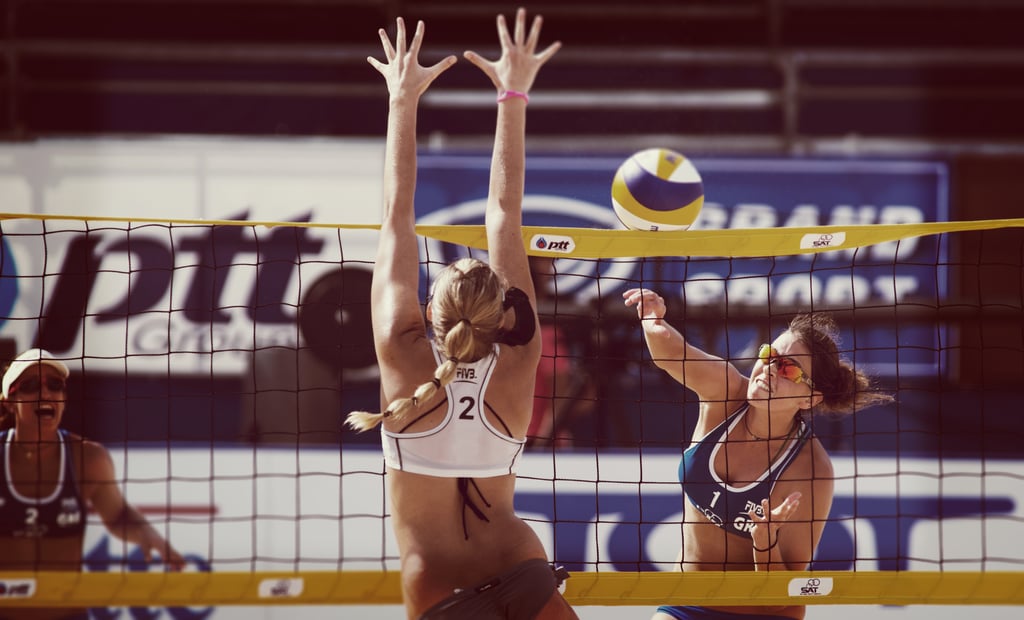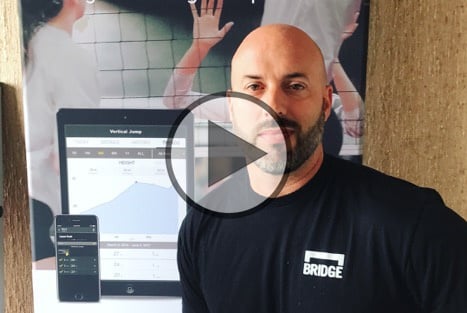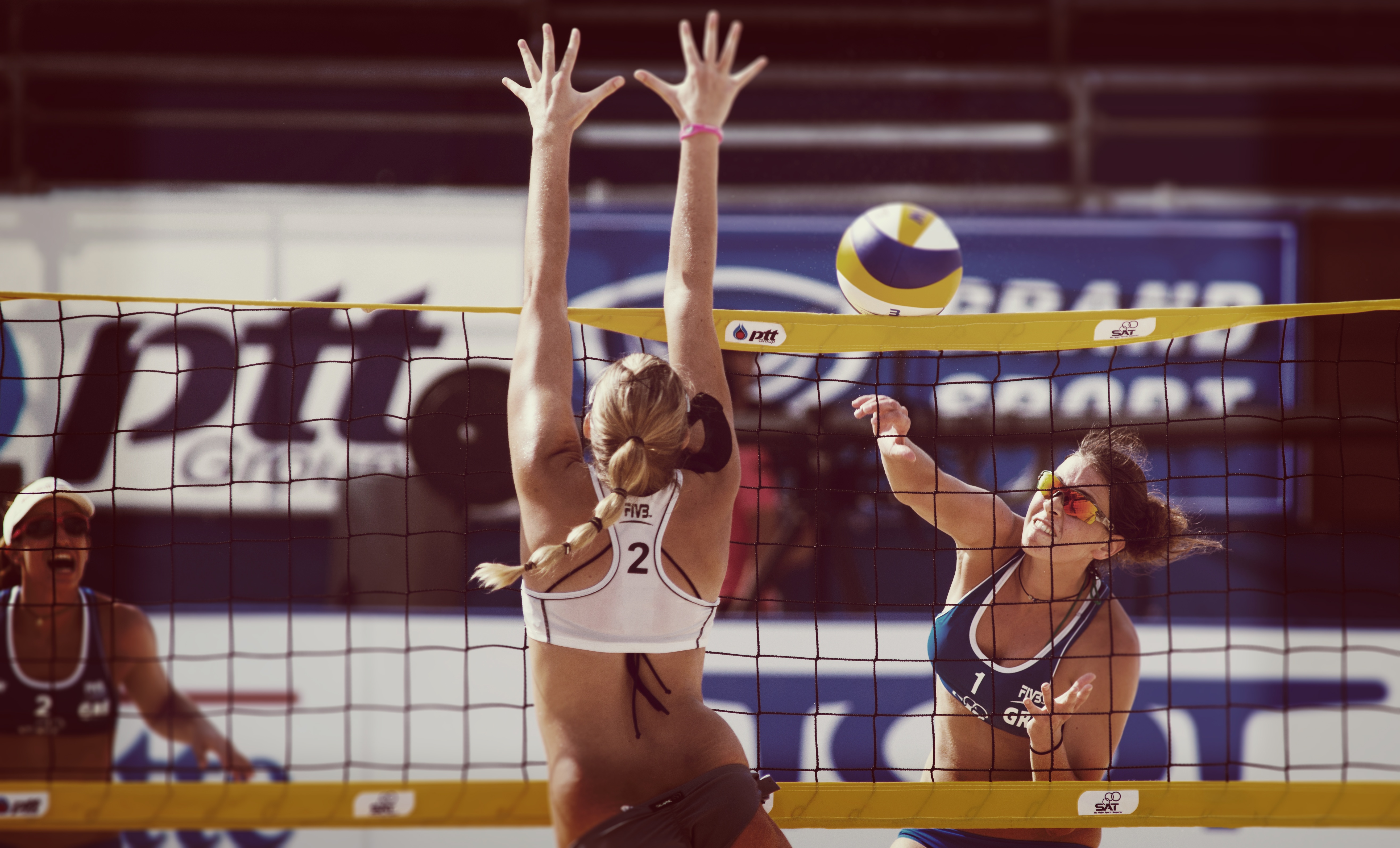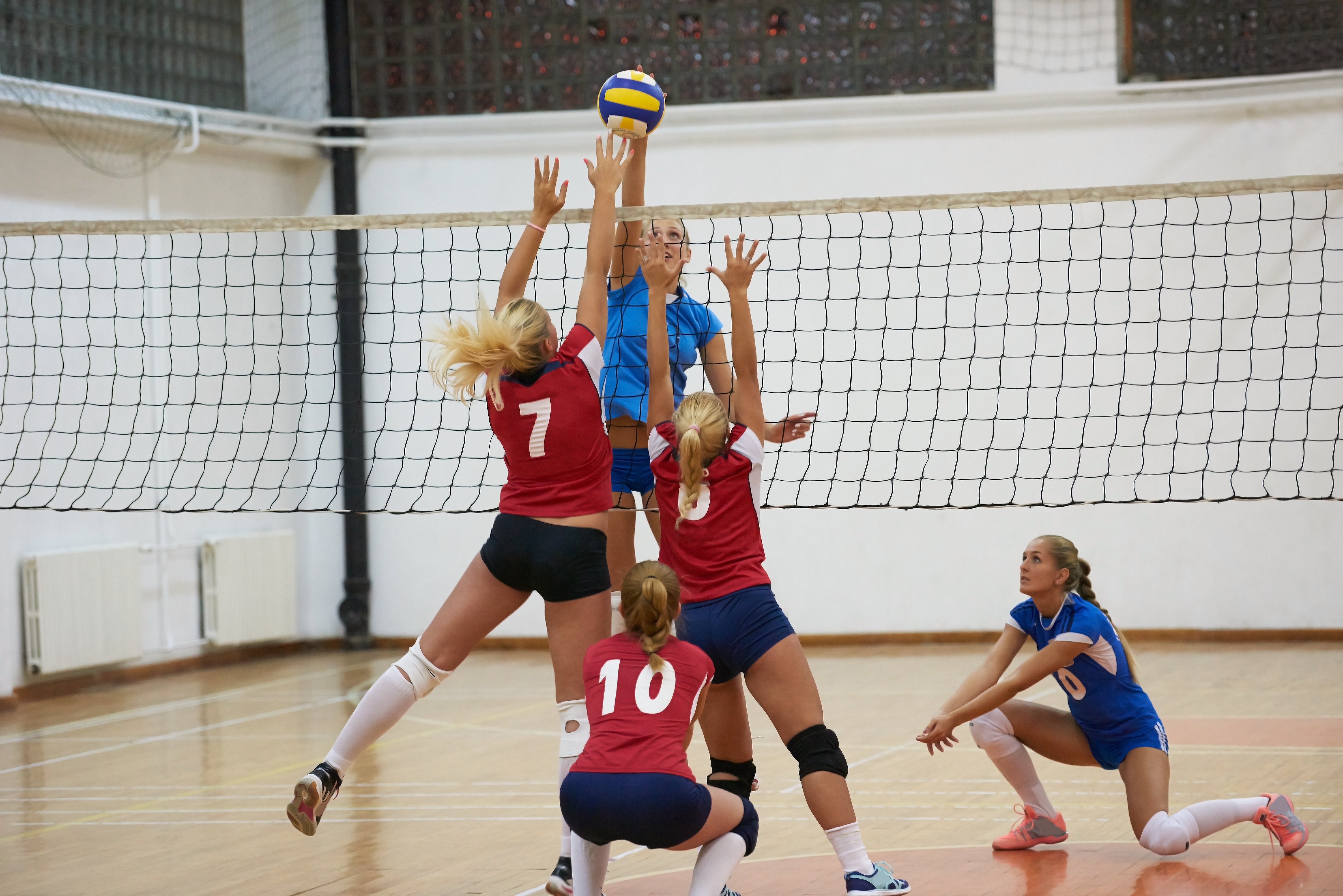Beach Volleyball: 3 R’s to Keep Up With & Exceed Your Goals

At this point in the season you are in full swing of your beach season. In our previous discussions, we covered pre-tournament readiness, resetting during matches, and setting and establishing goals. You have most likely had up’s and down’s and so goes the nature of sports and competition. Four of the most critical tenets to success in competition are Focus, Motivation, Confidence, and Managing stress and anxiety. Your level of self-awareness and reflection will dictate your ability to step fully into the above mentioned principles. Establishing your goals in detail helps drive these principles, but once they are established we must monitor our journey towards them.
3 R’s: Review, Reflect, Rest & Recover
Review and Monitor Progress
Review your goals weekly and daily if possible. These will be your process goals (as discussed in our last blog). To reach each of your outcome based goals, you have established your process goals. These have objectives and timelines. Review your objectives and timelines and briefly mark down where you are at with your objectives. If you have accomplished any of them scratch them off and add a new one. If you have reached a specific process goal then form a new one. If a specific goal just does not seem to be fitting then change it and revise it. It’s perfectly normal to adjust your goals along the way.
Example:
- Goal: Serve receive with 80 percent accuracy during tournament play by July 15th 2017.
- Objective: Deep exhale prior to serve, relax the shoulders, solid extended platform.
- Objective: Repeat mantra statement, “nice and easy, move your feet.”
- Objective: Mentally reset from serve receive errors through breath and self talk, get out of my head and into my body.
You can change any part of this goal, add new objectives, or take objectives away that do not work. If the goal is accomplished, refine it or maybe move onto a new one. It is always helpful to work with a mental performance coach in establishing and monitoring goals.
Reflect:
This is an important time of the year to reflect on your feeling state in relation to the season and your performance. Check in with yourself on how things are going mentally and emotionally.
Ask yourself these questions:
- How is my energy level at this point in the season? Am I feeling burned out and mentally or physically fatigued? Or do I feel strong and energized?
- Where is my motivation level? Am I still as highly motivated as I was at the start of the season?
- I have played in a couple of tournaments. How confident do I feel in moving towards my goals and how confident am I in my game right now?
Answer these questions and briefly reflect and journal on each one. Your answers will be telling in how or what you may need to do to stay on track. For example, if your energy is low and you feel mentally and physically fatigued, then you may want to consider a week off. Rest and revitalization is key to reaching your goals. To have success, you must have good pacing.
Rest and Recover:
At this point in the season, success comes down to pacing. As in any sport, it usually comes down to how well you pace yourself through the season. There will be up’s and down’s, which is fine and normal, but the difference between those that finish strong and those that fade out comes down to how well you can stay the course and pace yourself. Proper rest and proper physical and mental recovery are crucial. Everyone has a different pace. Don’t compare and judge yourself to what others are doing. Stay true to your pace and what works for you. Often, athletes will feel they are falling behind because someone else trained an hour longer or a competitor trained an extra day than they did. This is a crucial mistake. Listen to your body and your emotional and mental state and stay true to what is best for you.
Rest and Recovery Tips:
- Take days off and incorporate naps or down time without TV, phone, or any stimulation.
- In practice or drills, monitor repetitions. Remember quality over quantity.
- Spend time with family and friends to gather emotional and mental support.
- Dedicated time to stretching, icing, and physical recovery. Incorporate diaphragmatic breathing into your daily practice. Research has shown the effects of this belly breathing to help in the recovery process of the nervous system.
- Spend time in nature, go for an easy hike, to the beach, or even the mountains. Spending some time in nature, away from the noise of the city is a great way to recharge and reset.
Wrap and Review:
- Review your goals by monitoring them daily, weekly, monthly and then adjust them accordingly. If you accomplished one of the objective in your goals, then you can adjust it or just check it off.
- Reflect on your state of being. How is your energy? What is my motivation level? Am I burned out or going strong? How confident do I feel at this point in the season. Answer these questions and then adjust your training or goal to maximize your progress towards your goals.
- Rest and recover. Pace yourself through the season by paying attention to your rest cycles and training days. Do not compare yourself to others and focus on what pace maximizes your potential to reach your goals.
About the Author:
Ami is a licensed mental health clinician and specializes in sport psychology. He focuses on the whole athlete, on and off the court. He uses a full range of techniques in cognitive-behavioral, goal-oriented, and mindfulness practices to craft the whole athlete.
Exercises such as self-awareness coaching, visualization, motivational imagery, deep diaphragmatic breathing and positive self-talk are key elements to his approach. His proficiency in assessment, intuition and a deep respect for the body/mind connection drive his methods. His continued participation in beach volleyball, mountain biking, skiing, hiking, surfing, and yoga keeps him connected to sports and competition.
Ami Strutin-Belinoff, M.A., LMFT
Mental Peak Performance Training
Phone: (310) 804-7553
Website: www.atrainpeakperformance.com
Facebook: www.facebook.com/amistrutinbelinoff/
About the Author

Ami is a licensed mental health clinician and specializes in sport psychology. He focuses on the whole athlete, on and off the court. He uses a full range of techniques in cognitive-behavioral, goal-oriented, and mindfulness practices to craft the whole athlete. Exercises such as self-awareness coaching, visualization, motivational imagery, deep diaphragmatic breathing and positive self-talk are key elements to his approach. His proficiency in assessment, intuition and a deep respect for the body/mind connection drive his methods. His continued participation in beach volleyball, mountain biking, skiing, hiking, surfing, and yoga keeps him connected to sports and competition.
Related Posts

The Formula for Individualized Training
With over 18 years of experience coaching youth, high school, collegiate, Olympic, and...

Beach Volleyball: 3 R’s to Keep Up With...
At this point in the season you are in full swing of your beach season. In our previous...

Increase Agility, Power, and Speed...
A large factor in achieving success in volleyball is the ability to quickly react to situations on...

